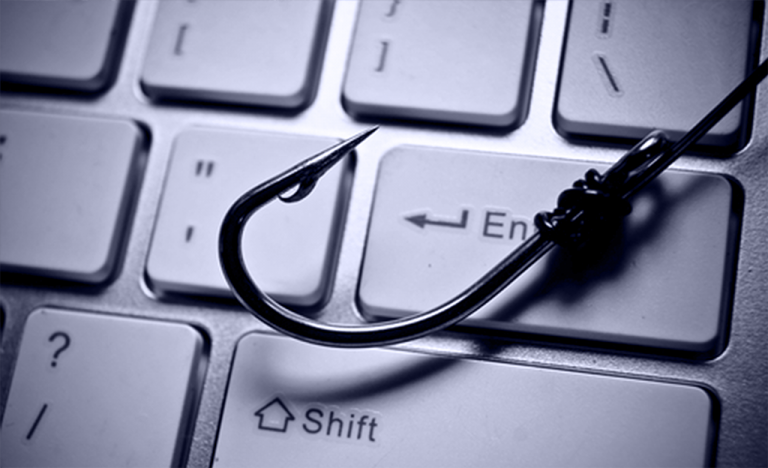Understanding what phishing is
Phishing is an attempt to trick you into entering your personal information, such as your card details or passwords for online services. The scam almost replicates the emails and texts that would come from trusted companies, which is why it can be easy to be fooled by an email like this.
Until you are certain you have been sent a legitimate email, it’s vital to never click on any links as it may be a malicious file that can retrieve your personal data.
cPanel phishing emails
Recently we’ve been seeing more emails being sent to our customers claiming to be from cPanel. These emails ask you to “verify” your account by entering the username and password, which is then sent to the attacker. They often create a sense of urgency by telling you your website may be suspended or deleted if you don’t respond – this is not true.
It’s very important to note, that cPanel will only ever contact you for disk space or bandwidth alerts. Anything else, such as asking you to verify your email is a scam and will potentially cause issues to your server and accounts.
General signs to spot a phishing email
We’ll run through the most common signs of spotting a phishing email:
Spelling mistakes and poor grammar
Phishing emails usually contain spelling mistakes, grammatical errors and other blatant errors that you usually won’t spot from corporate companies. If you see any obvious and glaring typo that’s asking for your card details, you may be a target for phishing.
Check email sender
Another sign that makes it clear it’s a phishing email is the email address it’s sent from. This part is usually quite obvious to tell it’s not from a legitimate source.
Brand Identity
Be sure to check other obvious signs it could be a phishing email, such as the company logo. More often than not, the scammer would use an outdated or pixelated logo.
Communications from us
To help spot a genuine email from us, we’ll only ever contact you through our support ticket system from [email protected]. Prostack (nor cPanel) will never ask you to divulge your account details or password via email or any other method of communication.
Stay protected from scammers, be vigilant
The impact of a successful phishing email can be potentially devastating for you. It can damage reputation, important and personal information can be stolen. The importance here is to be vigilant when you receive an email asking for personal information.
If you’re ever unsure about the legitimacy of an email concerning your hosting services, reach out to our support team (who are always happy to help!) so we can check for you. All we need is the email headers to identify if they are real or not. If you’ve received an email to an address on our server and want us to check it out, we can check the logs to identify if they’re a valid source or not.
We also have put in place ImunifyAV/Imunfiy360 (Feel free to explore our previous post for all the ins and outs of malware scanning and security) on all our servers which will help identify any malware that comes your way.
If you receive an email relating to cPanel, your email address or server and you’re not sure if it’s legitimate, please do get in touch and we can verify for you if it’s been sent from us.
